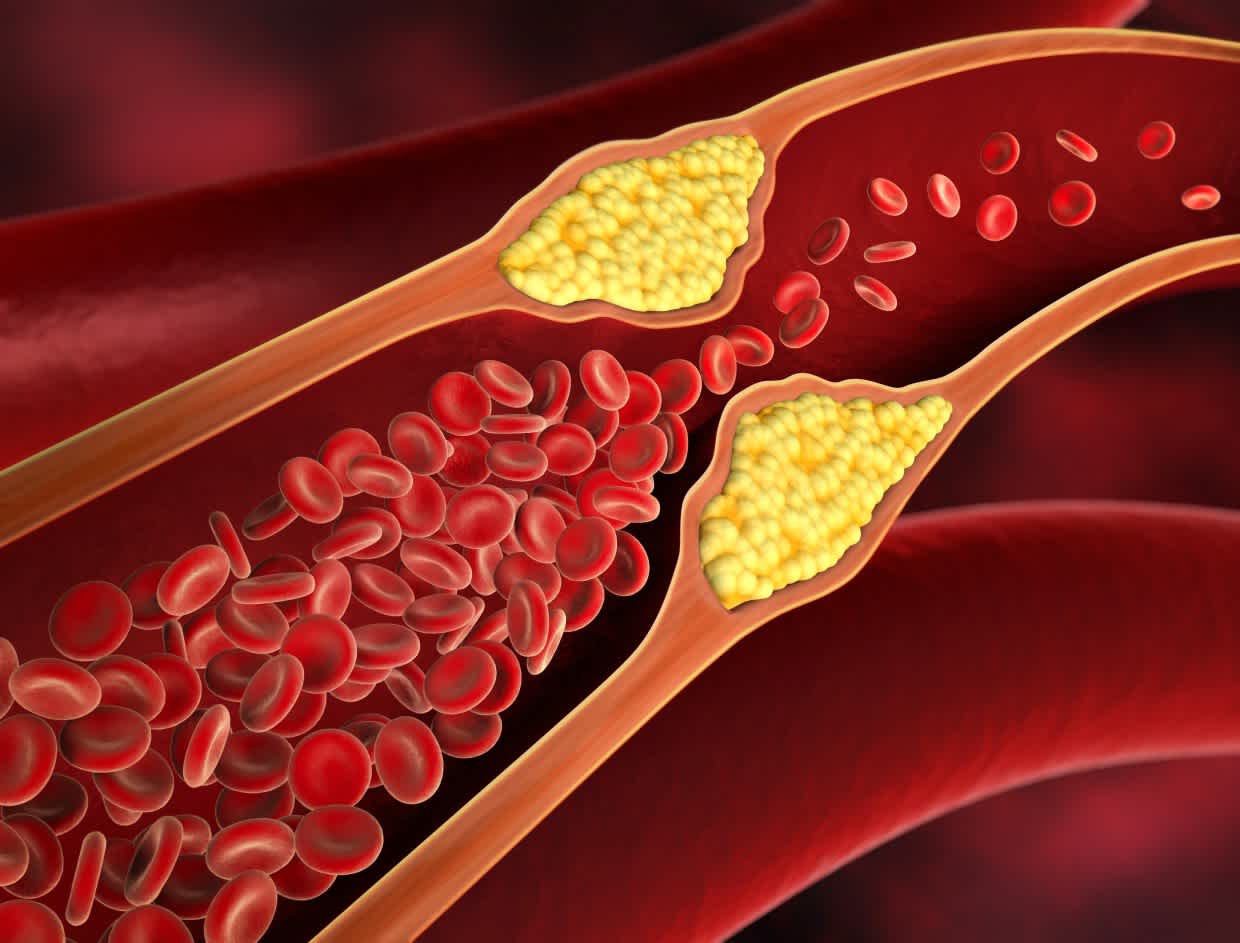Eggs have been a dietary staple since time immemorial and there’s good reason for their continued presence in our menus and meals. Not only do they offer culinary variety — hard-boiled eggs, omelets, deviled eggs and then some — they are also a source of protein, calcium and several vitamins and nutrients.
Benefits Of Egg
- Eggs are High in cholesterol, but don’t adversely affect blood cholesterol.
- Raise HDL (the “good”) Cholesterol
- Contain choline — an important nutrient that most people don’t get enough of
- Are linked to a reduced risk of heart disease
- Contain lutein and zeaxanthin — anstioxidants that have major benefits for eye health
- Omega-3 or pastured eggs lower triglycerides
- High in quality protein, with all the essential amino acids in the right ratios
- Are filling and tend to make you eat fewer calories, helping you lose weight
Nutritional Facts Of Egg
Eggs are among the most nutritious foods on the planet.
A whole egg contains all the nutrients required to turn a single cell into a baby chicken.
A single large boiled egg contains :
- Vitamin A: 8% of the DV (daily value)
- Folate: 6% of the DV
- Pantothenic acid (vitamin B5): 14% of the DV
- Vitamin B12: 23% of the DV
- Riboflavin (vitamin B2): 20% of the DV
- Phosphorus: 7% of the DV
- Selenium: 28% of the DV
- Eggs also contain decent amounts of vitamin D, vitamin E, vitamin B6, calcium and zinc
This comes with 78 calories, 6 grams of protein and 5 grams of fat.
Eggs also contain various trace nutrients that are important for health.
In fact, eggs are pretty much the perfect food. They contain a little bit of almost every nutrient you need.




